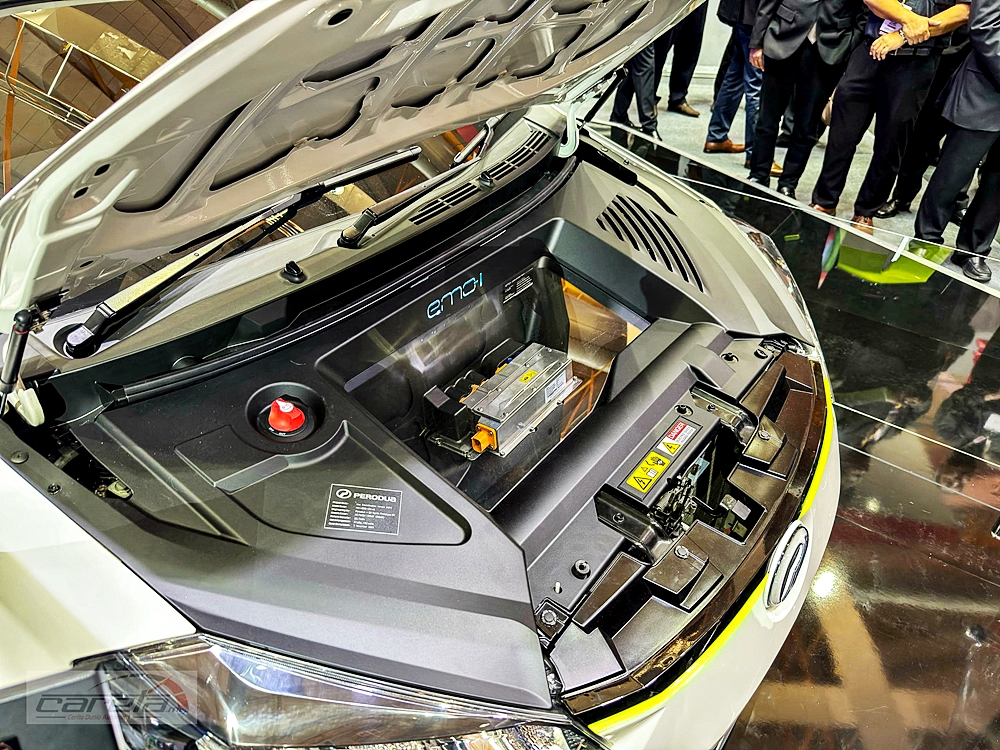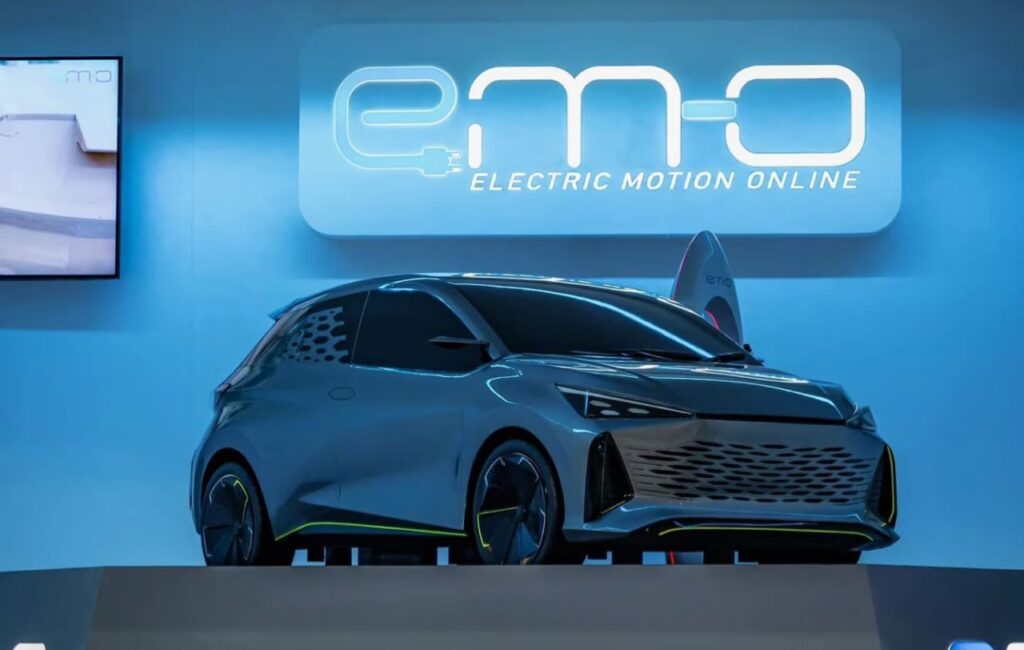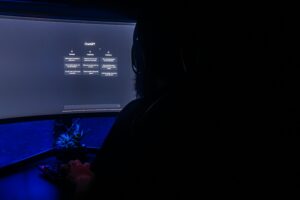With Malaysia fast-tracking the move towards electric mobility, Perodua is making bold steps to ensure that its first electric vehicle (EV) is both innovative and also affordable.
Perodua is targeting a launch in Q4 2025 for its first EV, and you may ask, why is that important? Perodua’s new EV is targeting two significant segments of the market, young professionals (in their 20s) and young small families. Perodua is seeking a base price of under RM80,000 which is not just about putting out a new product, it is about creating a new EV ownership philosophy that reflects affordability, utility and builds on Malaysia’s own industrial growth.
A Strategic Bet on Youth and Small Households
Over the last few years, Perodua has established itself as the leading brand for practical and affordable transport. From the Axia to the Bezza, each model in the range has worked well with the entry-level buyer and developing families. The new EV should be no different but in an electrified way. The vehicle’s sleek B-segment fastback crossover design will appeal to urban car owners looking for style and space but in an efficient package.
Perodua has purposely targeted this youthful demographic with a high-tech and cost-effective alternative to internal combustion engine (ICE) vehicles. The one electric vehicle (EV) they will make available is expected to be priced under RM80k—excluding the battery—allowing first-time buyers, who may think EV’s are too costly to buy as a beginner vehicle. The EV pricing in Malaysia directly relates to Malaysia’s Low Carbon Mobility Blueprint, where the intent is to widen the adoption of electric vehicles in Malaysia in the future.
Unlocking Affordability with Battery-as-a-Service
The central pricing strategy for Perodua is the Battery-as-a-Service (BaaS) model. As a part of this model, the customer would lease the battery for a fixed monthly rate (estimated at approximately RM200), rather than owning it fully. This reduces the initial purchase cost of the vehicle significantly, making it easier for buyers to commit without worrying about battery degradation or future replacement expenses.
More importantly, BaaS relieves the consumer of long-term maintenance responsibilities. Should the battery capacity fall below performance standards, Perodua will replace it at no extra cost. This technique should also open up financial predictability, which may resonate with young Malaysians who are considering their first car purchase, home, family expenses, and so on. In addition, it secures resale value. Given that battery health will not be a consideration during resale.
While BaaS is a new concept for Malaysia, it has been successfully accomplished in other countries like China by brands such as NIO, which have built strong ecosystems that include leased batteries and swappable energy packs.

Built by Malaysians, for Malaysians
What distinguishes this EV is not just the ownership model that comes with this EV, but the fact that it is fully in-house engineered by Perodua. This is not a rebadge of Chinese or Japanese models, it has been locally designed, based on engineering which means nothing has been copied from existing models and built from the beginning which were Malaysian roads and people.
The EV will utilize a CATL 50kWh lithium iron phosphate (LFP) battery and real world range will be up to approximately 400 kilometers. The drivetrain is expected to provide competitive acceleration and efficiency for practical and tech-savvy youth who want performance.
Perodua’s factory in Sungai Choh will begin producing the model in September 2025, and will start with a modest production of 500 units per month. Demand is expected to grow to a maximum of 2,000 units monthly. The development process has also been supported by over 40 local vendors, and they expect at least thirty percent local content at launch, to ramp up to more than sixty percent in the future. This will strengthen Malaysia’s automotive manufacturing ecosystem, as well as develop support and servicing infrastructure throughout the country much quicker.
Navigating Adoption Challenges
Even with all the potential, there will absolutely be challenges along the way. Firstly, Malaysian consumers may have initial doubts about leasing something that is fundamental to all electric vehicles, including the battery. Any monthly payment—albeit small—can be a mental hurdle for an entire population traditionally accustomed to owning something outright.
Perodua must also ensure that there are battery service and swap infrastructures offered nationally. Without national coverage, the value add of BaaS may be lost to customers. Furthermore, with global battery prices plummeting rapidly, there is likely a point at which some consumers buy the battery outright if it became favorable in the end.
However, it is a great opportunity. With the growth in fuel prices, more awareness of the environment and local assistance from the government, Malaysia will soon be ready for a mainstream, affordable electric car. If Perodua is successful it could kick-off the largest EV boom in the country to date, especially among youth in urban areas, tech-savvy consumers and environmentally responsible families.
A New Chapter for Malaysian Mobility
Perodua’s electrified vehicle launch isn’t simply about entering the EV space. More relevantly, it signifies a mindset towards a mobility-first environment, where cars serve as not just transportation mediums but smart, flexible, and accessible assets. With local ingenuity, battery leasing, and price-point precision, it opens the EV conversation to people who may have been priced out, or perhaps sceptical.
For young Malaysians, launching their career path, small families with tighter household budgets that need a few more square feet, or first-time buyers wanting something “future-proof”, this is more than just an EV-it could be a milestone.
🚀 Electrify Your Drive with Malaysia’s Homegrown Innovation
📞 Reserve your Perodua EV test drive and be among the first to experience affordable electric mobility.






